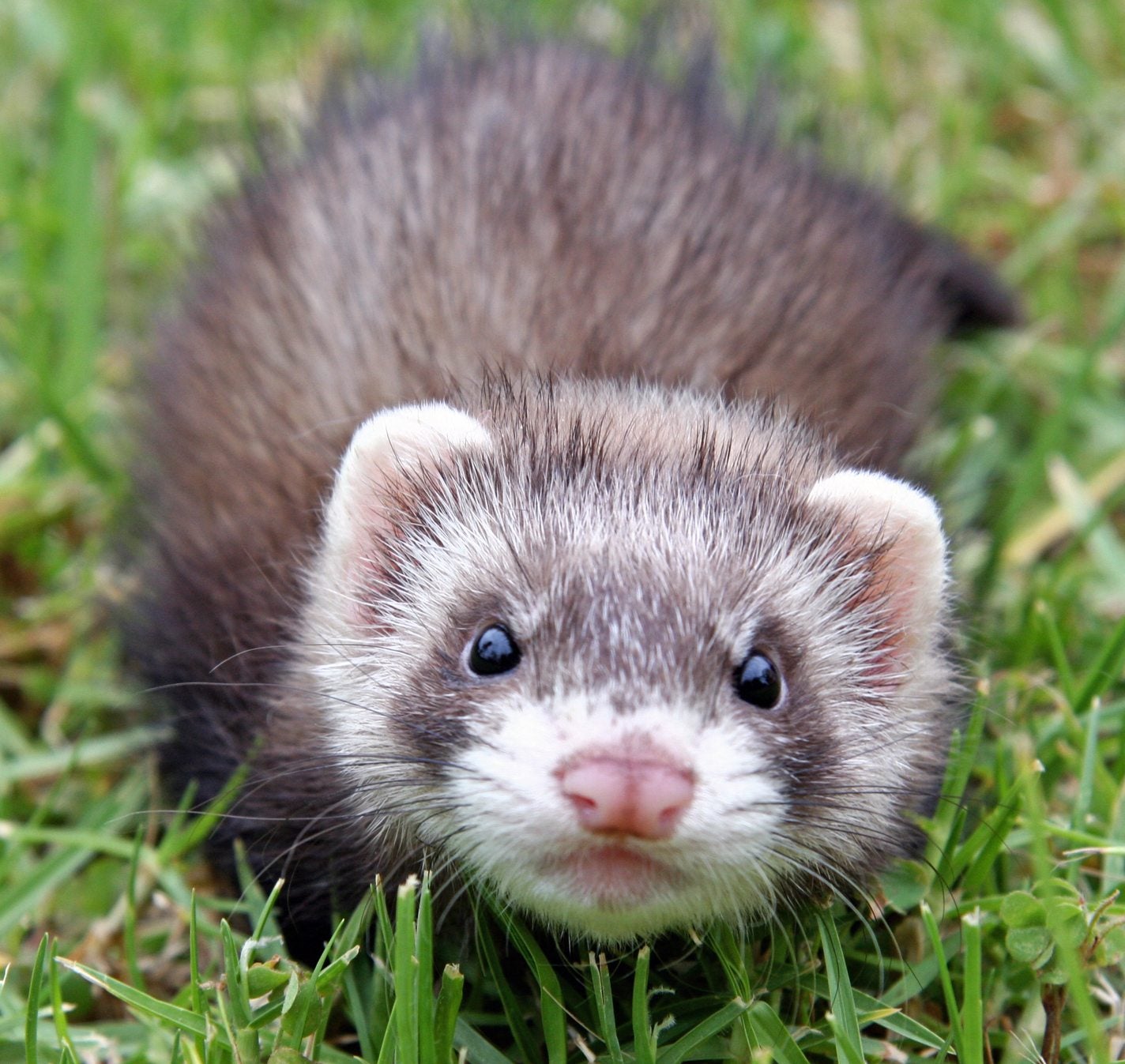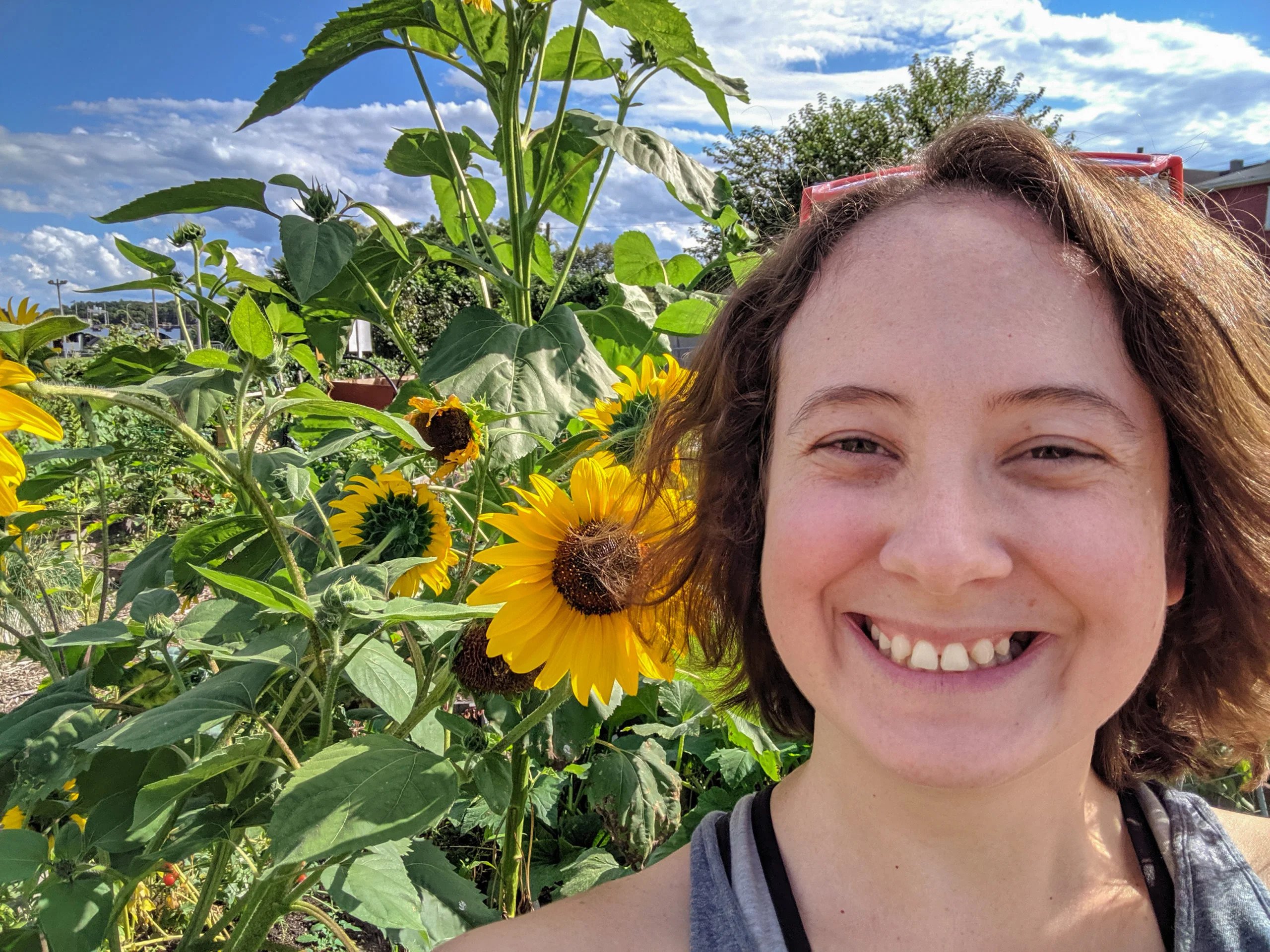Ferret Poop In Compost: Tips On Using Ferret Manure On Plants


Manure is a popular soil amendment, and for good reason. It’s loaded with organic material and nutrients that are essential for plants’ good health. Is all manure the same though? If you have pets, you have poop, and if you have a garden, it’s tempting to use that poop for a good cause. Depending on the pet, it may not be as good as you think. Keep reading to learn more about composting ferret manure and using ferret manure fertilizer in gardens.
Ferret Manure Fertilizer
Is ferret poop good fertilizer? Unfortunately, no. While manure from cows is extremely popular and beneficial, it stems from one very important fact: cows are herbivores. While manure from herbivorous animals is great for plants, manure from omnivores and carnivores is not. Feces from animals that eat meat, which includes dogs and cats, contains bacteria and parasites that can be bad for plants and especially bad for you if you eat vegetables fertilized with it. Since ferrets are carnivores, putting ferret poop in compost and composting ferret manure is not a good idea. Ferret manure fertilizer is going to contain all kinds of bacteria and possibly even parasites that aren’t good for your plants or anything you consume. Even composting ferret manure for a long time isn’t going to kill these bacteria, and will probably, in fact, contaminate the rest of your compost. Putting ferret poop in compost is not wise, and if you have ferrets you will, unfortunately, have to find a different way to dispose of all that poop. If you’re simply in the market for manure, cows (as previously stated) are a great choice. Other animals like sheep, horses, and chickens produce very good manure, but it’s important to compost it for at least six months before putting it on your plants. Fertilizing with fresh manure can result in burned roots. Now that you know using ferret manure on plants isn’t a good option, you can look towards other types of manure that can be safely used instead.
Sign up for the Gardening Know How newsletter today and receive a free copy of our e-book "How to Grow Delicious Tomatoes".

The only child of a horticulturist and an English teacher, Liz Baessler was destined to become a gardening editor. She has been with Gardening Know how since 2015, and a Senior Editor since 2020. She holds a BA in English from Brandeis University and an MA in English from the University of Geneva, Switzerland. After years of gardening in containers and community garden plots, she finally has a backyard of her own, which she is systematically filling with vegetables and flowers.